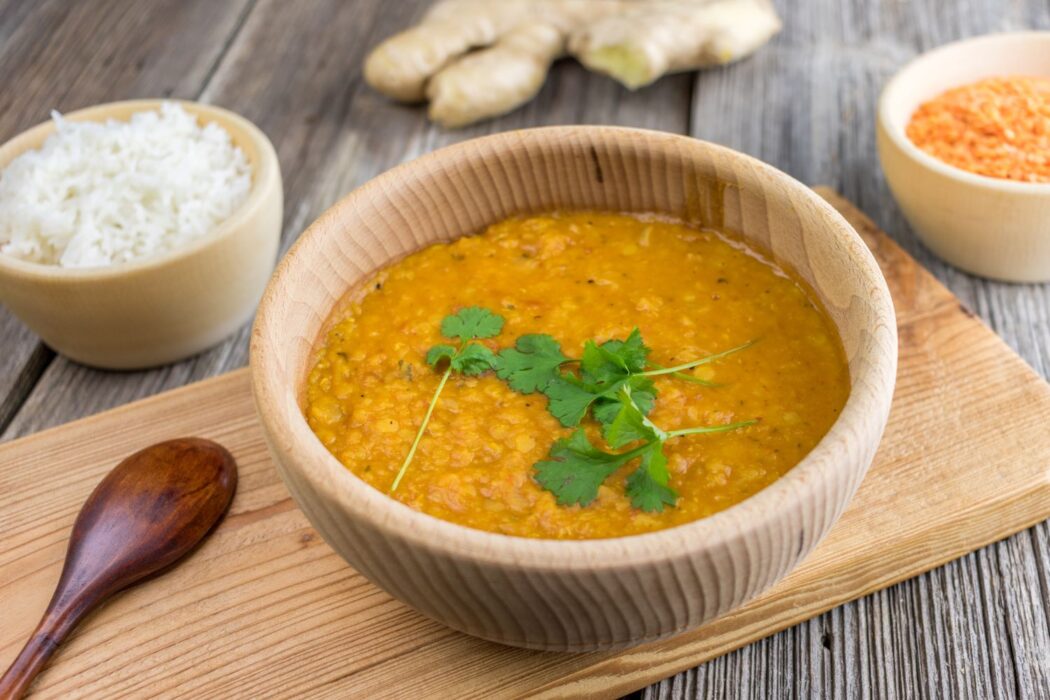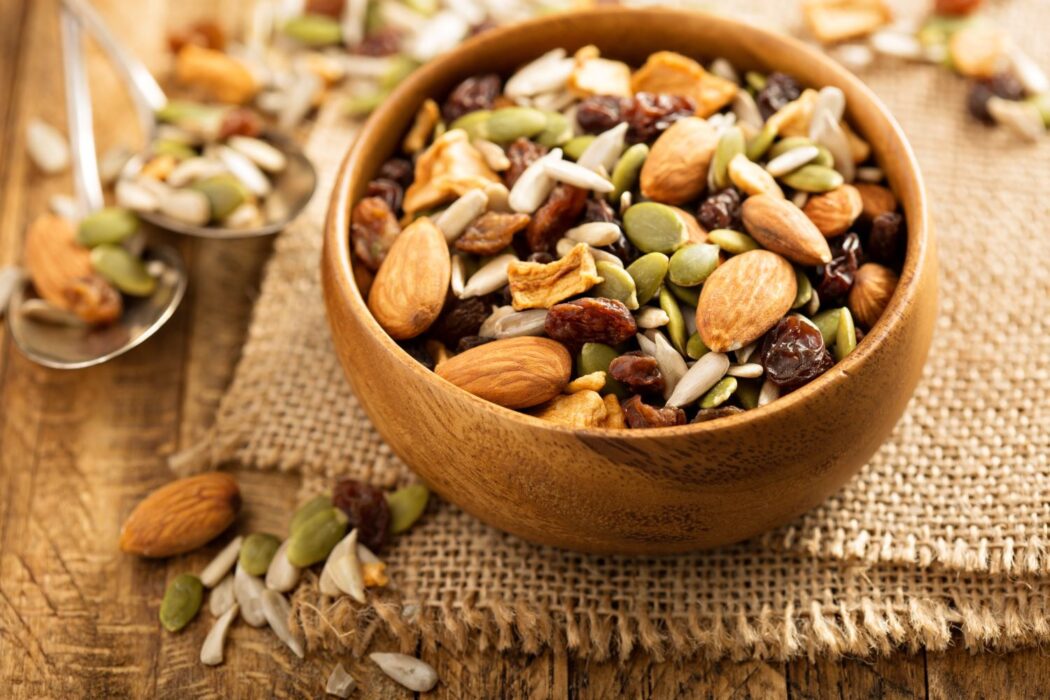Vegetarian protein sources for kids
A common worry for parents of vegetarian children is whether or not their little ones are getting enough protein in their diet. Let’s take a look.

Protein is a key component of any well-balanced meal. It’s a fundamental piece of the puzzle when it comes to your child’s growth and overall health. The usual go-to sources for protein tend to be red meat, chicken and fish. However, this doesn’t mean that there isn’t another way. For vegetarians and vegans alike, there are plenty of options to ensure that your child is getting the recommended daily protein intake.
HOW MUCH DOES MY CHILD NEED?
As children grow, their recommended protein intake changes. Here are the approximate amounts of protein per day to aim for, depending on your child’s age:
- 6 to 9 months – 13.5g
- 9 months to 3 years – 14.5g
- 4 to 6 years – 19.5g
- 7 to 10 years – 28g
Lots of parents struggle to find the time to accurately measure out the protein their child needs. Aiming for multiple sources of protein per day is an easy way to ensure that your little one is getting the nourishment they need.
11 VEGETARIAN-FRIENDLY PROTEIN SOURCES
With these readily-available foods, you’ll be able to whip up all sorts of protein packed meals for your little one to enjoy!
Beans
Beans are a super convenient way to get a little bit of extra protein into your kid’s meals. With over 7g of protein per 100g, they bring a much-needed boost to any veggie meal. There are lots of different varieties to choose from, including kidney beans, black beans and baked beans (but keep an eye on the sugar in these!) For school, try popping a bean salad into your little one’s lunch box. At dinner time, there are countless ways to incorporate the mighty bean into your family meal!

Lentils
Lentils are another superfood that can bring your child the nutrition they need in a range of different ways. When bought in bulk, lentils are usually very affordable and are easily stored. Packing around 7g of protein per serving, lentils are a perfect choice for a vegetarian or vegan meal. Delicious dahl can be whipped up in no time using red lentils; or a hearty lentil bolognese based on brown lentils is sure to go down well with all members of the family. With a little creativity, lentils can be used as substitutes for meat in all kinds of dishes!
Eggs
With 6-8g of protein each, eggs are a very straightforward (and tasty!) way to help your child get the protein they need to grow and develop. Two eggs per day can also provide up to 30% of your daily vitamin requirements. All the more reason to add a dozen eggs to next week’s shopping list! From eggs on toast to a cheesy omelette, there are so many different ways to serve them up to your children. Whether they’re fried, scrambled, boiled or poached, eggs certainly deserve a spot in every family’s weekly meal plan.

Milk
Milk can be a wonderful source of protein for children. With around 7g per serving, a glass of milk with a meal will definitely account for a chunk of their recommended daily intake. Milk also contains calcium which we know is great for building strong teeth and bones. If your little one is dairy-free as well as vegetarian, soya milk is a great substitute. With a similar amount of protein to regular milk, they won’t be missing out on this vital nutrient. Adding milk to a bowl of cereal, or making porridge on milk is a simple way to introduce a little extra protein at the beginning of the day.
Yoghurt
As with milk, yoghurt (or its soya alternative) is a nutritious way to provide kids with some extra protein. With a similar amount of protein per serving as milk, they can be interchangeable which brings a dollop of variety to your little one’s meals. Homemade granola and yoghurt pots, perhaps with some berries, are a nutrient-dense and delicious snack that will power your child through their day.
Cheese
For many, finding out that cheese is a good protein source is quite a surprise. With roughly 6g of protein per serving, a little bit of cheese goes a long way. It’s so easily added to meals – melted on top of pasta or used as a sandwich filling, cheese is a simple way to squeeze some protein in, especially if you’re tight on time.
Peas
With over 5g of protein, a serving of peas won’t go amiss on the side of your child’s dinner. Their natural sweetness makes them a real hit with most kids. Perfect on their own, or mixed into a vegetable curry, peas offer a reasonable dose of protein while bringing a sweet kick to any dish.
Oats
As grains go, oats are relatively high in protein. Even better, they provide an ideal base for a nutritious meal for your child. Some nice hot porridge in the morning, topped with berries, fruits, seeds and maybe even a small amount of honey, will satisfy any child’s hunger and will provide them with a little bit of protein early in the day.
Nuts and seeds
Nuts and seeds might just be the best snack of all to pack into your child’s lunch box. Feel free to mix it up with cashews, almonds and any other nuts that are available to you. With around 7g of protein per serving and a high caloric content, nuts and seeds are a useful way to fuel your child as they navigate the ups and downs of a busy school day. Parents should be aware that nuts aren’t recommended for children under five years of age, as they can present a choking hazard. If you have a little more time on your hands, consider making homemade bars for the perfect grab-and-go snack for children.

Nut butter
Nut butters such as peanut butter or almond butter are often a real favourite among children of all ages. With plenty of protein, nut butter is a very handy ingredient to lean on, especially with vegetarian or vegan children. A really tasty addition, whether it’s spread on toast, spooned on top of porridge or used in a stir fry or pad thai dish, it’s always a winner. Opt for nut butters that contain 100% nuts and are free from palm oil to add a healthy amount of protein and fat to your child’s plate.
Tofu
A staple among vegans, tofu is something that should be considered by all parents, whether their family eats meat or not. With 8g of protein per serving, this soya product is super versatile and can be a real hunger buster. Some people complain that tofu is too bland but the trick is in the seasoning. Tofu will take on the flavour of whatever it’s cooked in, so mix it in with whatever spices you’re using and your kids are sure to be satisfied.
WORRY NO MORE
With all of the conversation around the importance of including enough protein in your little one’s diet, it’s useful to have a few tricks up your sleeve. It can be easier if your child eats meat but if not, hopefully you now have an idea of how to manage their intake. So get your chef’s hat on in full confidence and perhaps even get your children involved!











Comments